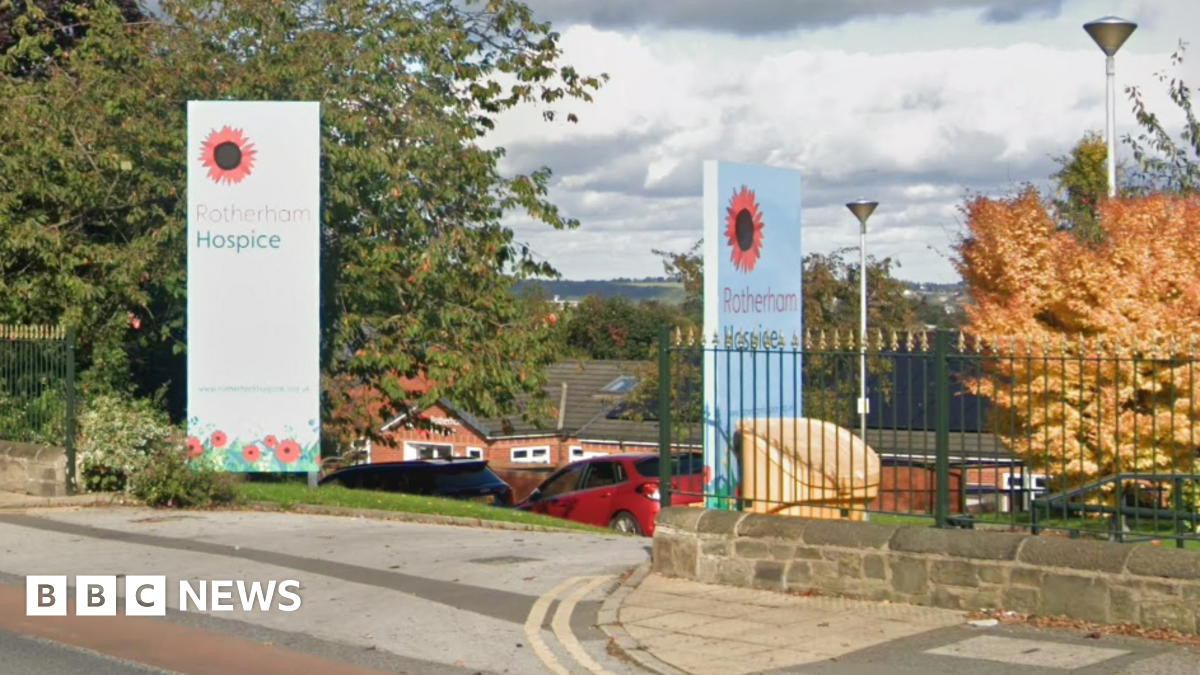Inspectors found that local census data was used by the hospice to tailor care to patients from different communities, including those from vulnerable backgrounds, and provided a range of support – including psychological, physical, social, and even spiritual support.
“It was impressive to see the lengths they went to, to ensure care was personalised at a really difficult time in people’s lives,” said Mr Stephenson.
“It was clear that staff took a genuine interest in people’s wellbeing, which resulted in both positive outcomes and feedback.”
The report said patients were included in discussions about their own care when assessing and reviewing risks, so everybody understood what was involved, and care plans were agreed for the last days of their life.
It also noted that a kennel service had been introduced, which helped reduce delays when admitting people with pets into the service.
A former issue was flagged that some people did not know how to access the service, but a community outreach manager had since been employed to mediate this, it said.
Concerns around appropriate levels of safeguarding training had also been addressed.

